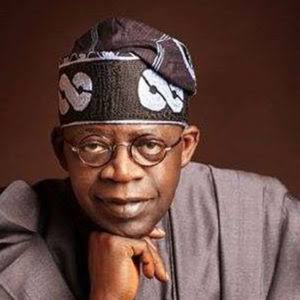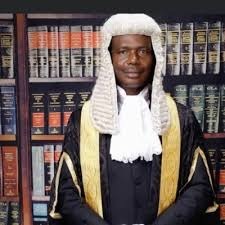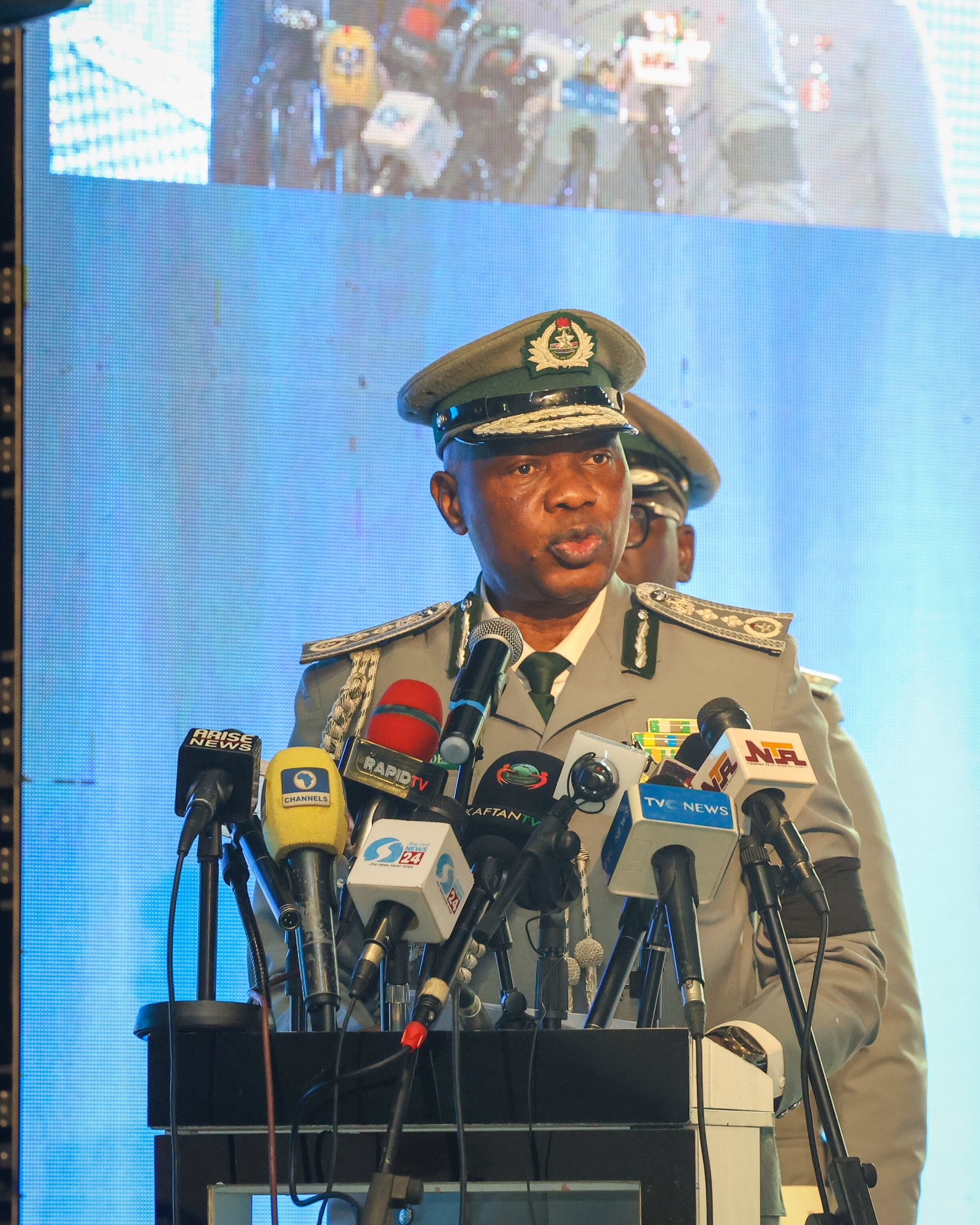Why do many political opponents dread the All Progressives Congress National Leader, Asiwaju Bola Ahmed Tinubu, so much so that in their wishful thinking they hope he gives way or simply quit the stage? Why should political contestation get to the point where our so-called political leaders would be wishing their competitors dead if they are actually in politics for the public good? These are some of the questions that have agitated my mind following the repeated unfounded rumours about Asiwaju Tinubu’s health status.
In the last few months, the former Lagos governor has died many times over in the reckoning of these nefarious persons.
Each time Asiwaju travels, the next thing these detractors, who abound in PDP as in APC, do is to shamelessly claim he is seriously ill undergoing surgery or that he has died. Yet, each time they have made such blatant claims, the lie has always blown up on their very faces, as they have always been proven wrong.
Surprisingly, some of these evil persons would also claim the APC national leader is no longer relevant in the scheme of things in the party he helped form. And you wonder: if he is no longer important within the APC, why dissipating energies about him? Why hoping he dies each time he steps out of the country?
These people have been in this despicable game for quite a while. They have perpetrated so much hatred and told too many lies such that to track them can be a herculean task.Let me attempt a recall of a few of these.
In April this year, when we went for Umrah (lesser Hajj) in Saudi Arabia, they brought out a photo-shopped photograph that portrayed Asiwaju in very bad light. The picture was so bad that you would wonder whether it had any feature of him. All that these malicious people wanted to demonstrate is Asiwaju is so badly ill or incapacitated that he cannot even aspire to lead this country, talk less mount the exalted office. Ironically, at the same lesser Hajj, Asiwaju, who the malevolent imagined dead, effortlessly performed tawaf (going round the holy Kabbah) several times and underwent all the rites of Umrah. I was in that entourage to Umrah along with some of his friends and associates including Osun State Governor Adegboyega Oyetola, former EFCC Chairman Mallam Nuhu Ribadu, and former National Welfare Officer of APC, Alhaji Ibrahim Masari, among others.
Elucidating on how we arrived in Medina around 4 am, how tired, weary and needing sleep we all proceeded to Mecca, a distance of 4-and-a-half hours, that same morning we landed in the kingdom, and how on eventual arrival in Mecca we immediately headed for the Kabbah, would help put a lie to the claim about Asiwaju’s ill-health.
The journey from Medina to Mecca by road was very strenuous. Virtually all of us slept. Not Asiwaju. He was awake throughout, conversing with the driver, Mustapha, and ensuring he was awake and alert for the duration of the drive. We arrived in Mecca without any hassle, quickly checked into a hotel, and then headed for the Kabbah for tawaf and other rites of Umrah.
Leading the charge, Asiwaju Tinubu painlessly performed the seven-round tawaf and shortly after, being a Friday, it was time for Jummah. We left Medina immediately we arrived because way back in that holy city, Asiwaju had insisted he would like to observe Jummah in Mecca.
For the duration of the trip, Asiwaju’s hotel suite in Mecca was turned into a Mecca of sort with governors, ministers, other top dignitaries and Islamic clerics coming to visit him. Overlooking the Kabbah, it was in his living room that we were observing some of the prayers and making supplications to Allah.
Many took selfies with him with their cameras and phones unencumbered. He allowed as many as wanted to take photographs with him to do so, an opportunity some abused. An example was someone who either unknowingly deployed a phone with a bad camera or deliberately doctored the photograph, which was now used to achieve nefarious ends, as depicted by that damaging picture of Asiwaju in Saudi.
Again, not long after we returned from Umrah and the former Lagos governor undertook a trip abroad, I think to France and UK, there were also unfounded reports that he had been hospitalised in Paris for alleged coronavirus attack and had even purportedly undergone an operation. Some proceeded from there to claim he had died. Now, Asiwaju has never tested positive for COVID-19. Not at that alleged time, not at present. For the life of me, how could someone who had never been positive for coronavirus be hospitalised for it or undergone a surgery for complications arising from the virus he never contracted? I volunteered this much not to disparage many who had contracted the virus or those presently battling the dreaded menace.
Each time we felt we had over-exposed ourselves or someone had contracted the virus in the team, we would call for coronavirus tests and no one is exempted. Asiwaju and some of us must have undergone close to 15 COVID-19 tests each. Some of us, including this writer, had even tested positive for the virus at one point or another. Asiwaju has never experienced it once.
The fake news about Asiwaju’s alleged ill health or death is something we have become accustomed to each time he travels out of the country such that it has become a joke of sorts. Indeed, we had a hilarious encounter when he embarked on the extant travel some two weeks ago. As I made to leave him at the Lagos airport, I said: “Sir, now that you are traveling again, when these mischievous guys begin to say you are either dying or dead, what do I say to them?” We had a good laugh. He then said: “Just say I have travelled and don’t mind whatever they say.”
So the speculation trailing the extant trip is what it is: fake, unfounded news. It bears repeating, however, to state that Asiwaju is hale and hearty. He is not in any hospital. He does not have any medical situation that would require hospitalisation either in Nigeria or abroad. It is sad that perpetrators of this mischief are not deterred by the fact that each time this fake news has been propagated they have been proven wrong.
However, there are a few points to make at this juncture. Firstly, some speak magisterially on the state of health of Asiwaju Tinubu. They say he doesn’t enjoy good health. Are they his doctors? Are they saying they are privy to his medical records? Pray, how could an unhealthy man muster the strength and energy to go through the rigors of tawaf and all rites associated with Umrah immediately after a six-hour flight and over four-hour road trip? Those perpetrating this evil think they are unknown. They hide their identities behind the anonymity of the social media. But we have a fair idea who they are. Their luck will run out soon as they would be exposed sooner than later!
Again, these people who try to rubbish Asiwaju’s health, peddling rumours that he is dead forget that the matter of life and death is within the realm of God. Not of any individual. They should not attempt to play God. They conveniently forgot what many dubbed the Zik’s curse. Recall that Nigeria’s first president and one of our foremost leaders, late Dr. NnamdiAzikiwe, was rumoured dead I think around November 1989. Some prominent print media organisations and television stations published the story without conducting due diligence and checks. With banner headlines cast in impressive adjectives befitting the Great Zik, they proudly proclaimed the nationalist dead. Some of Zik’s associates, some of whom had not seen him in years, particularly the late Chief RBK Okafor, also fell for it, ranting about their close relationship with the late nationalist and how they were with him in his last moments.
Reminiscing on this episode in an article titled “The Day Zik Didn’t Die” published by THE NATION newspaper on November 8, 2016, celebrated columnist, Professor Olatunji Dare, had this to say: “Out-of-work politicians saw an opening and moved in swiftly. A First Republic legislator and former stalwart of the Zikist Movement, Chief RBK Okafor, panting as if he had sprinted all the way from Nsukka to Rutam House in Lagos, narrated breathlessly how he had cradled his “beloved Zik” in his arms and how, even as his life ebbed, the great nationalist had said to him: “Chief RBK Okafor, my political son, remember that I am a Pan-Africanist and should be given a Pan-African burial.”
As it turned out, Zik’s rumoured death was false. It was fake news. Zik did not die. At least he did not die at that time. He read that obituary in the newspapers. He also reportedly cursed those people grandstanding over his purported death. And one by one, they died before him. Zik went on to live for another seven years. The long and short of all of this is those wishing Asiwaju dead, hoping to profit from it should be very careful. They should be wary of the wrath of God.
Having stated all of that, my final point is media stakeholders must meet minds together and devise a way to halt the excesses of the social media. We must help to stem this menace of fake news, hate speech and abusive language. There must be a form of regulation for this nonsense going on, on social media. I’m totally in support of peer regulation, regulation within the media industry itself, but we must scale up enforcement of this regulation. Why don’t we draft the regulations ourselves and approach the National Assembly for legislation to back them up to make these regulations institutional as some professionals have also suggested?
Rahman is media adviser to Tinubu. He was formerly Editor, THISDAY on Saturday and Sunday newspapers.

 Uncategorized5 years ago
Uncategorized5 years ago
 Entertainment6 years ago
Entertainment6 years ago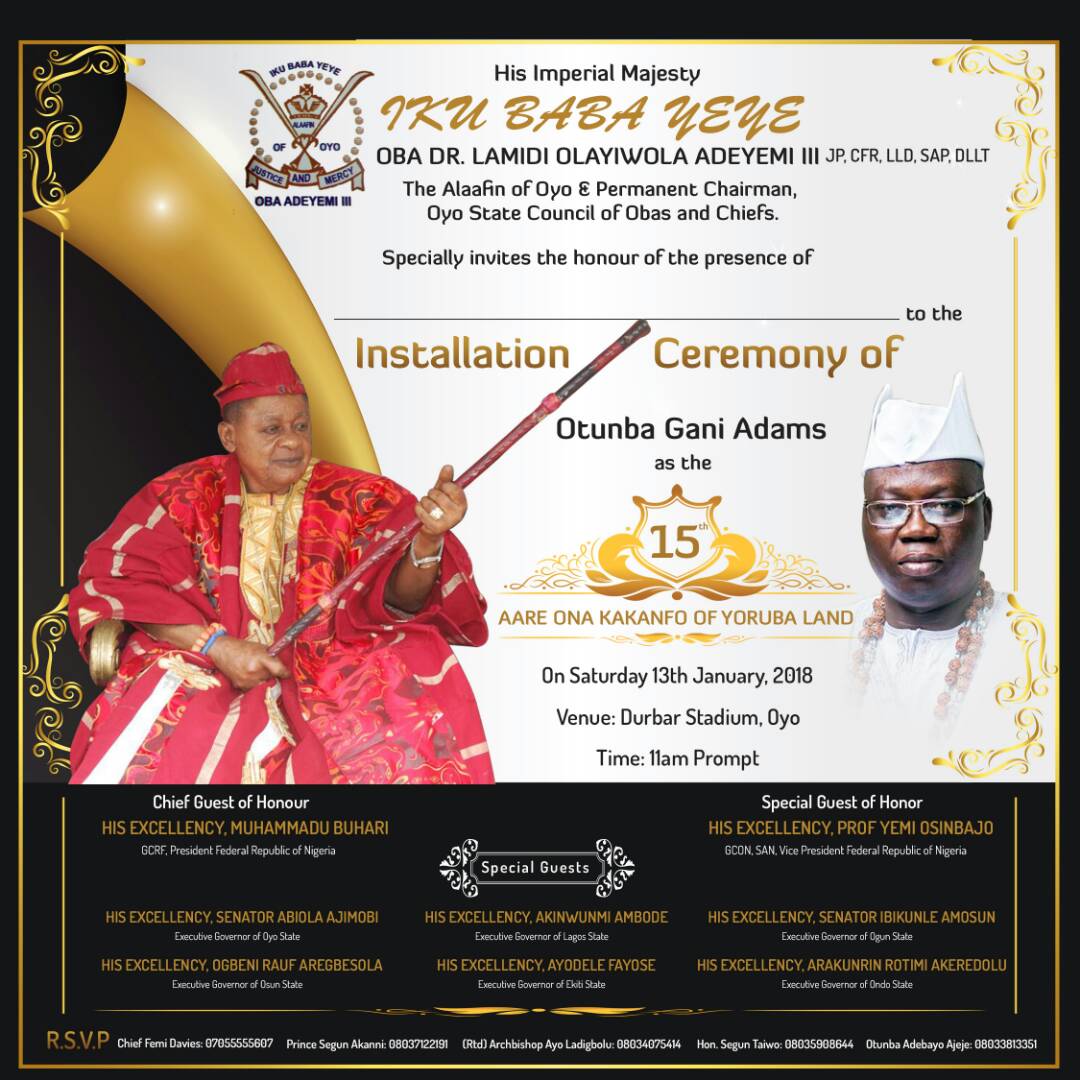
 Uncategorized7 years ago
Uncategorized7 years ago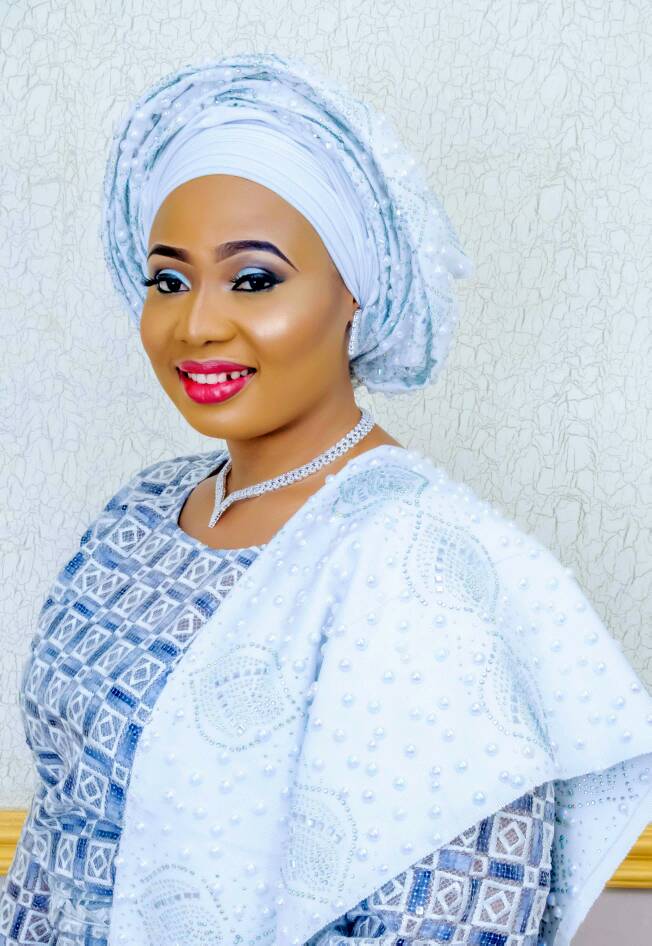
 Uncategorized7 years ago
Uncategorized7 years ago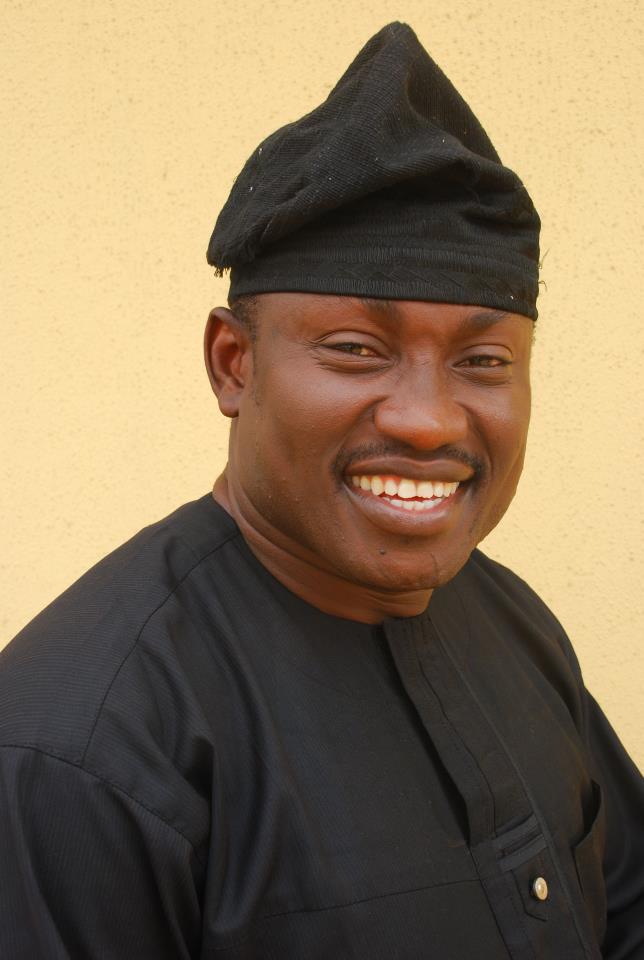
 Uncategorized7 years ago
Uncategorized7 years ago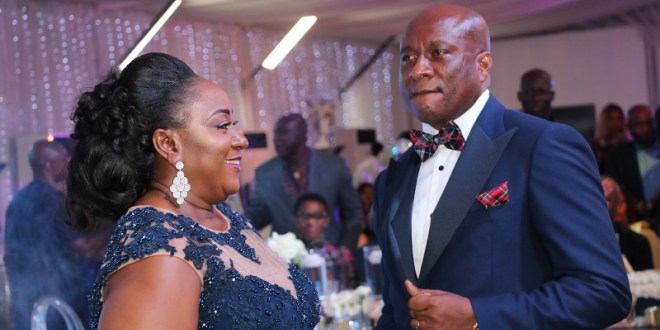
 Uncategorized7 years ago
Uncategorized7 years ago
 Uncategorized7 years ago
Uncategorized7 years ago
 Trending News4 years ago
Trending News4 years ago





